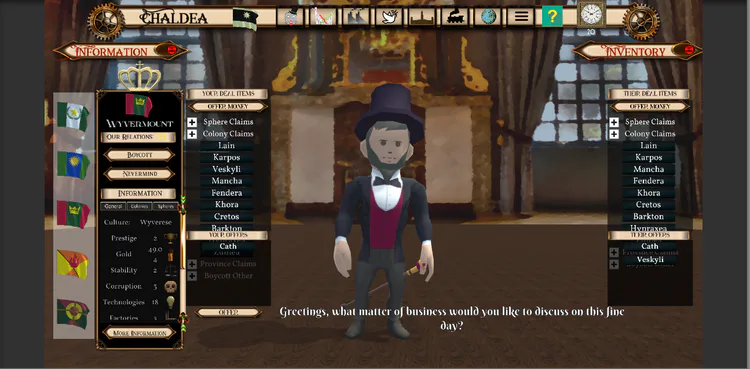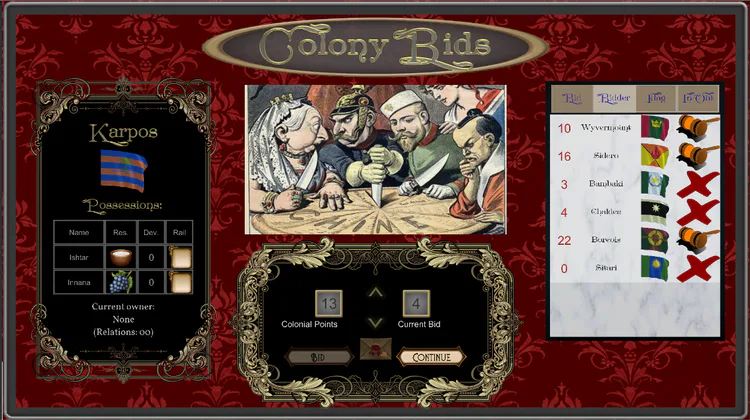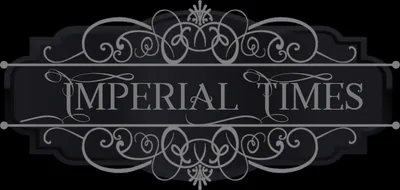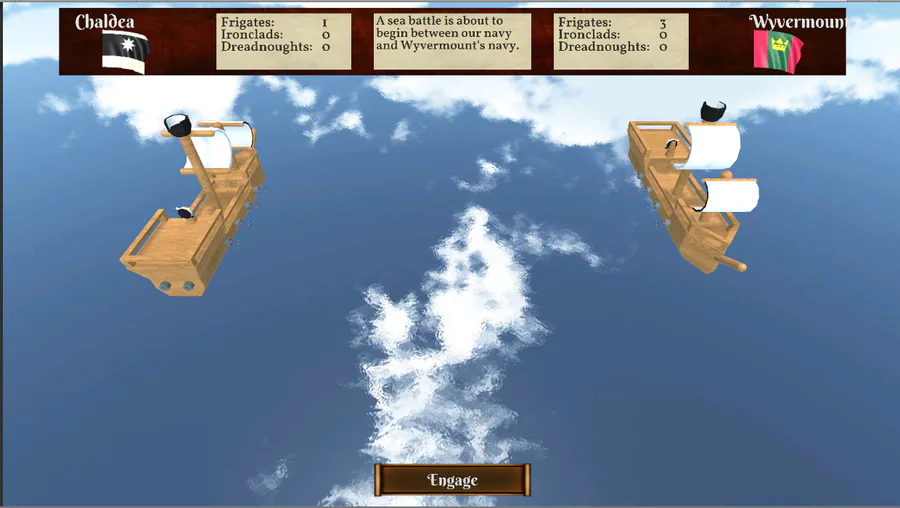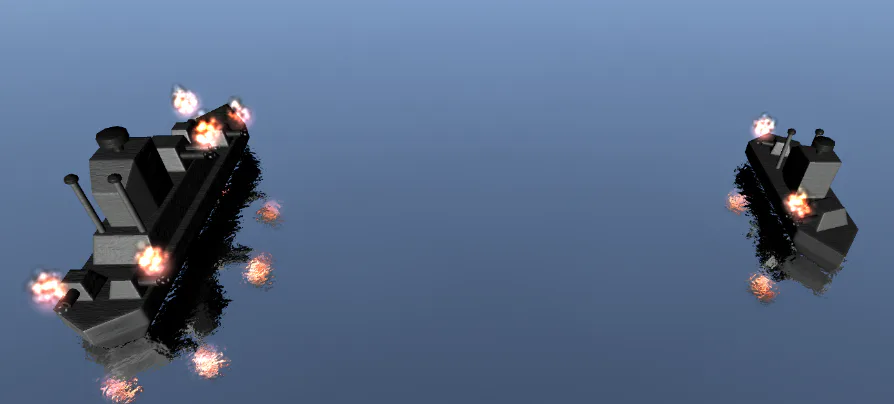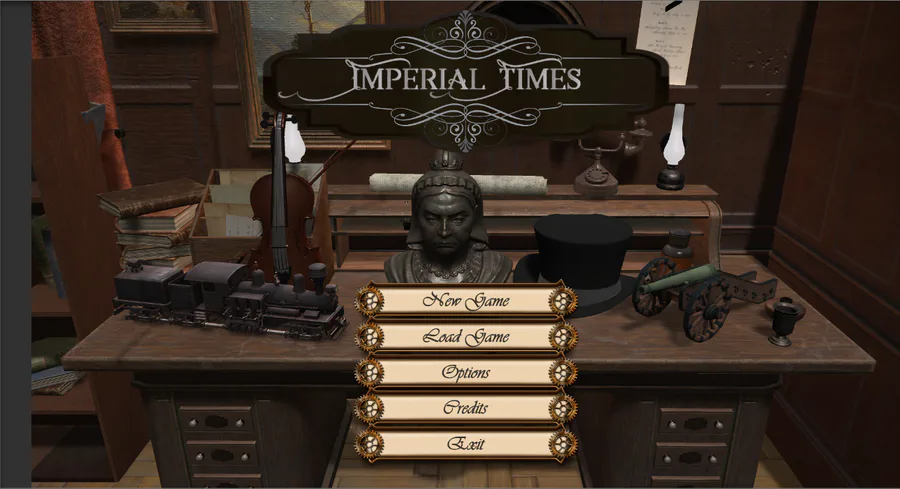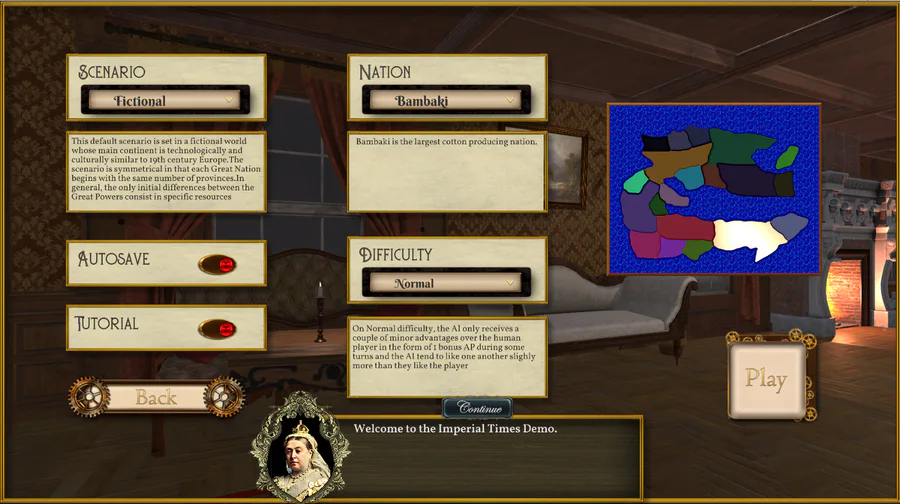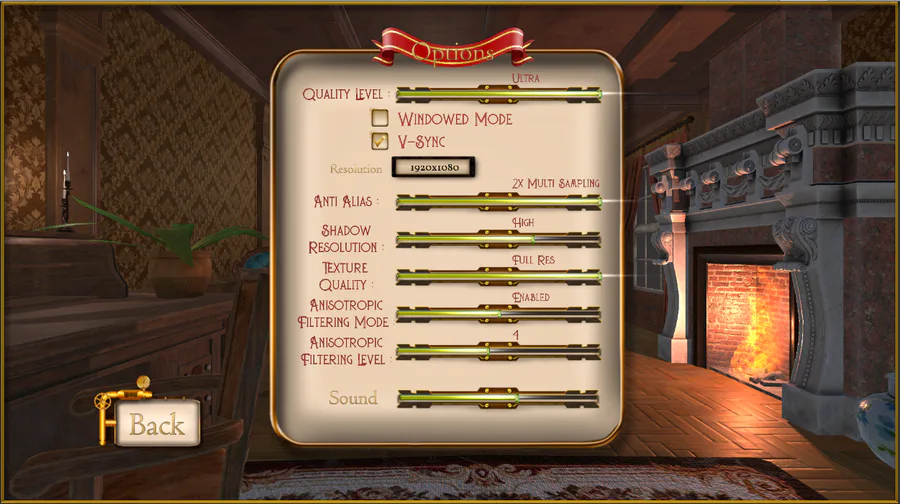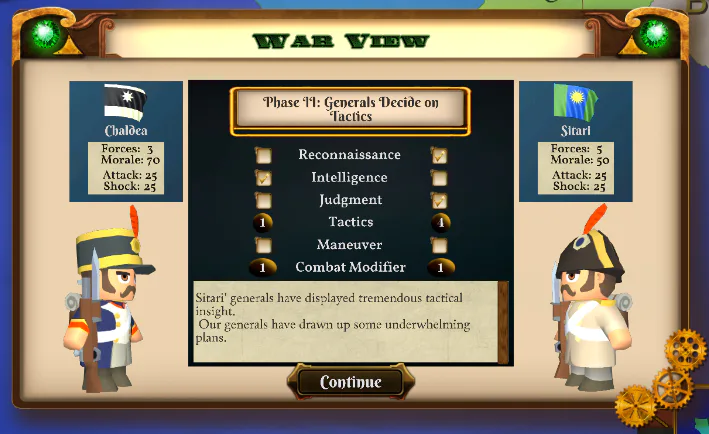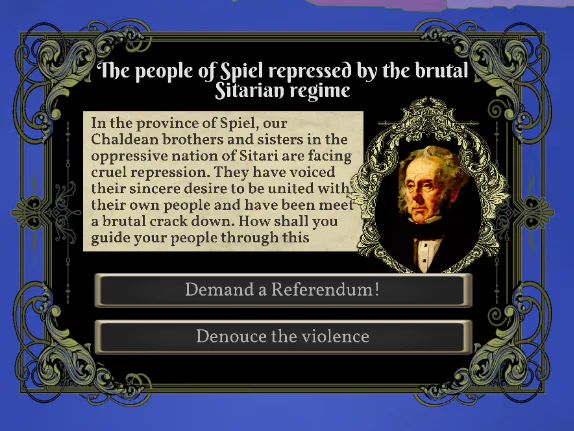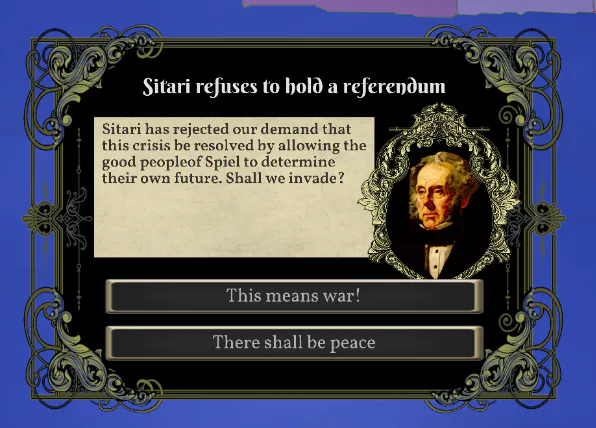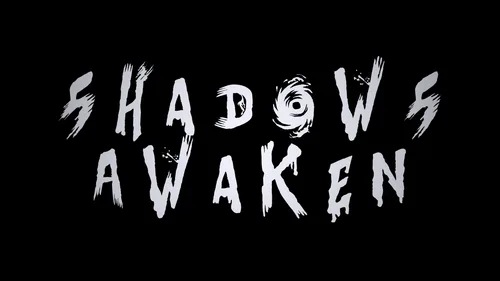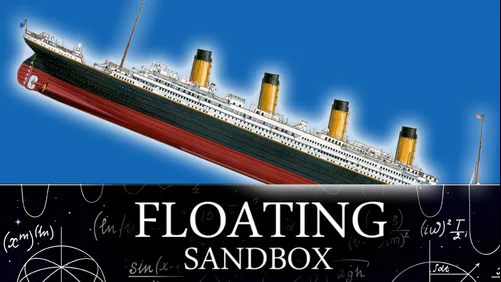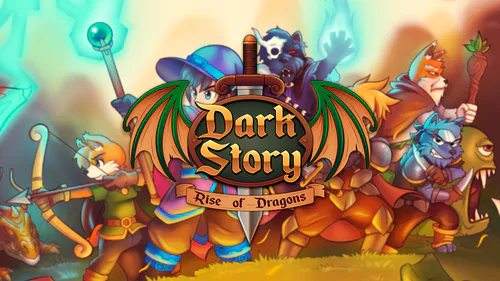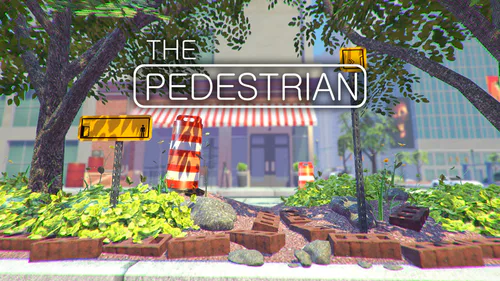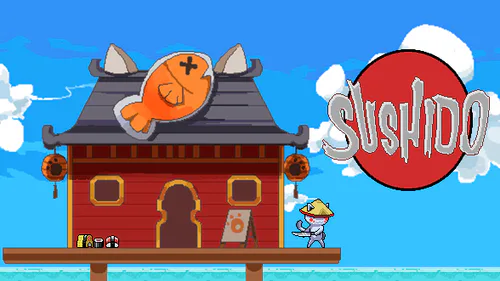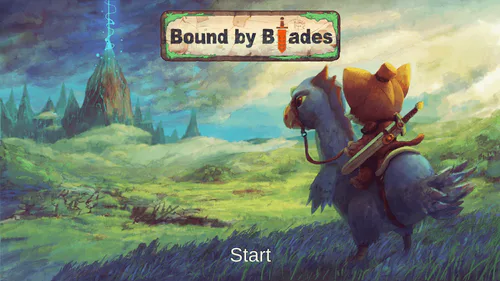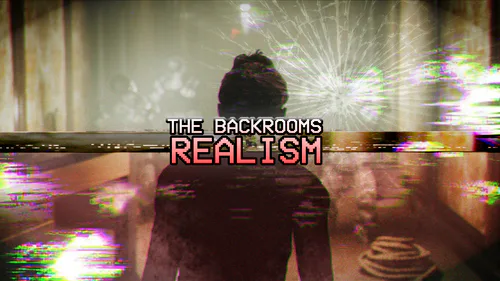Comments

Imperial Times (Demo)

This build is a demo version of Imperial Times. Most "Empire Management" systems have been more-or-less fully implemented (with an AI that is not completely useless).
Imperial Times is an economy-centered turn-based strategy game set in a fictional world technologically similar Earth between 1790-1910. The player assumes the role of one of 6 Great Powers competing over colonies, influence, and markets. Imperial Times is inspired by Frog City Software's Imperialism (1997) .
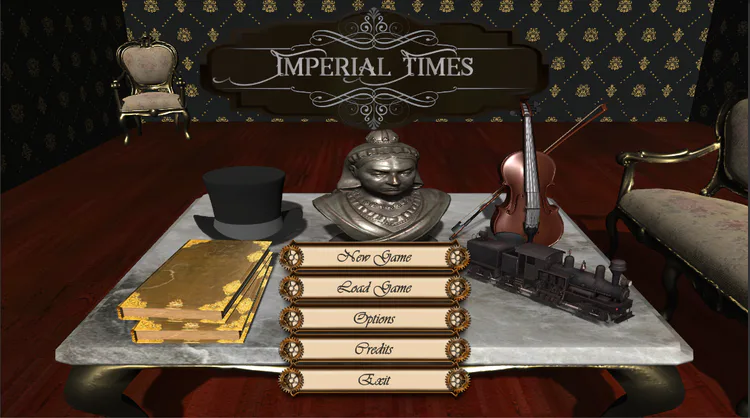
The world map:
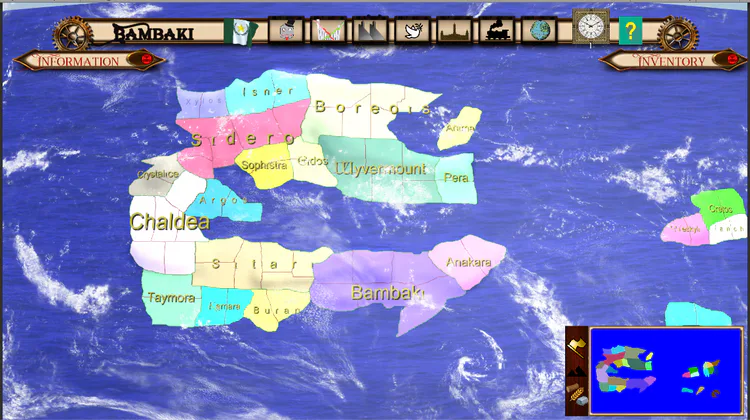
Zoomed in and tilted on "Terrain Mode":
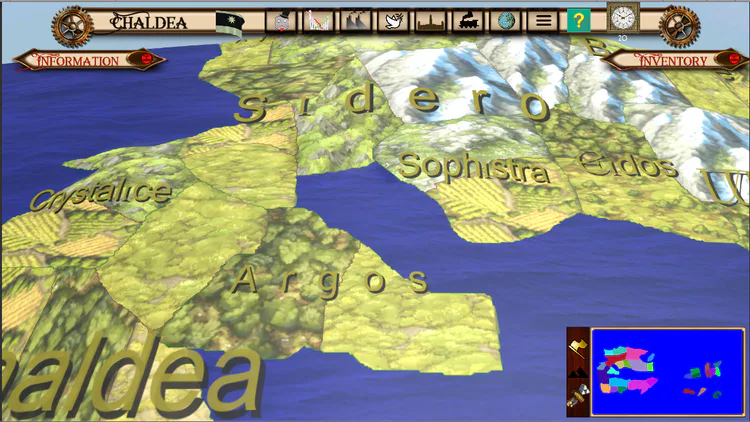
Showing resources and the Province Panel of a selected Province. Each province produces one Resource. Resource production is increased by developing it and building Railroads. Each province has a Culture, which may or may not match that of its ruling Nation.
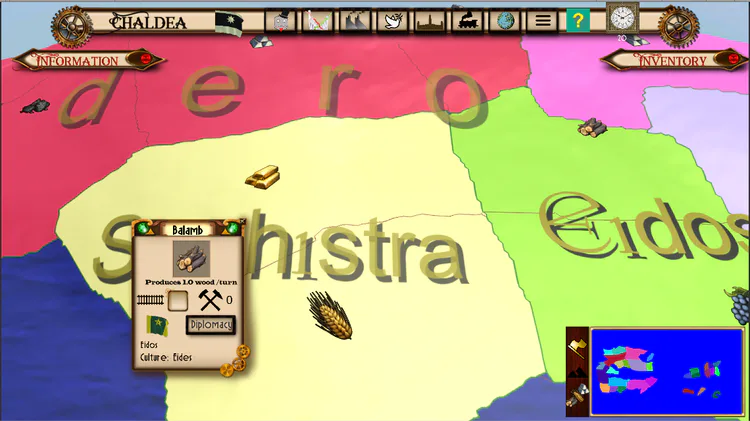
Resources must be transported in order to be acquired by your Nation. In the early game this is straightforward, as you shipping capacity will be equal to your resource production, but latter in the game you may not always have enough Trains or enough Coal to transport everything, in which case it will be necessary to prioritize.
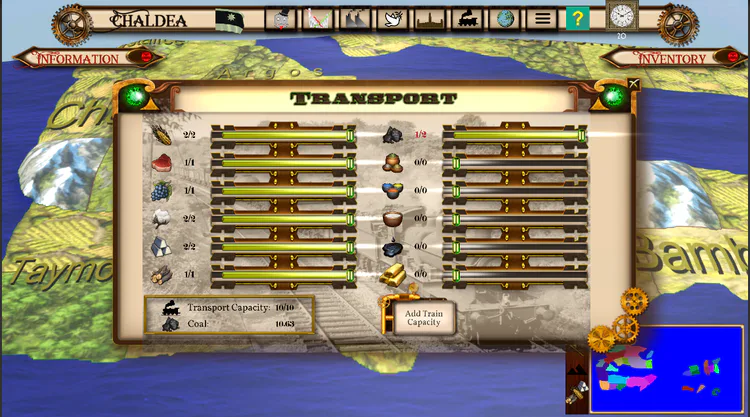
The Progress Panel is where you spend Resources and Goods to acquire Action Points (AP) and Progress Points (PP). AP represents your general labor force while PP represents your "Middle Class" labor. Most actions require an AP and "Progress Actions" require both an AP and a PP. In particular, gaining Investment Points (IP)(required for building industrial infrastructure) and Research Points (RP), requires spending both an AP and a PP. One AP and one PP is also needed to get a Culture Card, Increase Stability, or to get a military Doctrine.
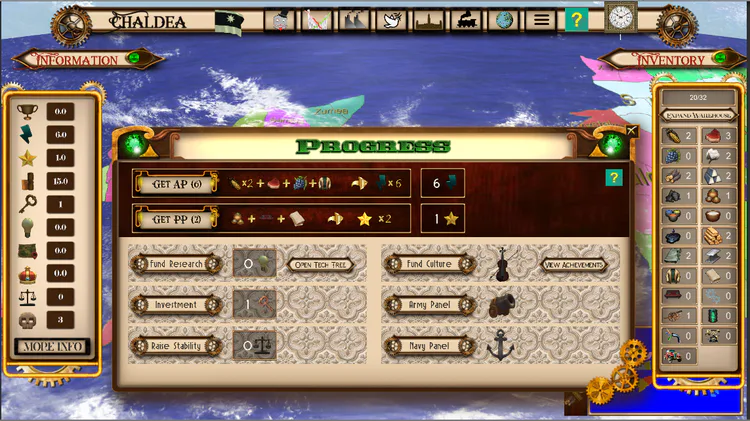
Trading Goods and Resources is central to the game, as you will usually not be fully self-sufficient and the only way to gain money is to sell things (unless you have one of the few gold producing provinces). Prices rise and fall based on the difference between supply and demand.
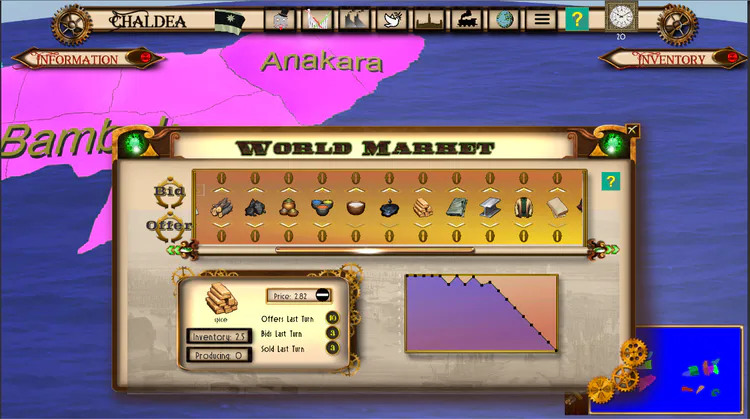
Trade results are shown once all Nations have completed the Domestic phase of a turn. When there are more sellers than buyers, buyers choose who they buy from based on diplomatic Relations. Likewise, when there are more buyers than sellers, sellers choose who they wish to sell to.
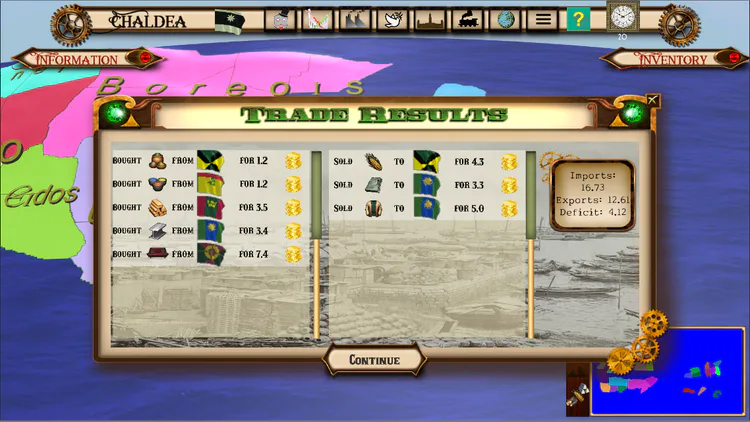
Initially, goods are manufactured in Workshops, which can produce 1 good for 1 AP (and only 1 good of any type can be made per turn). With a Level 1 Factory, up to 4 goods can be made, with each AP producing 2. A Level 2 Factory can produce up to 9 goods, where each AP producing 3.
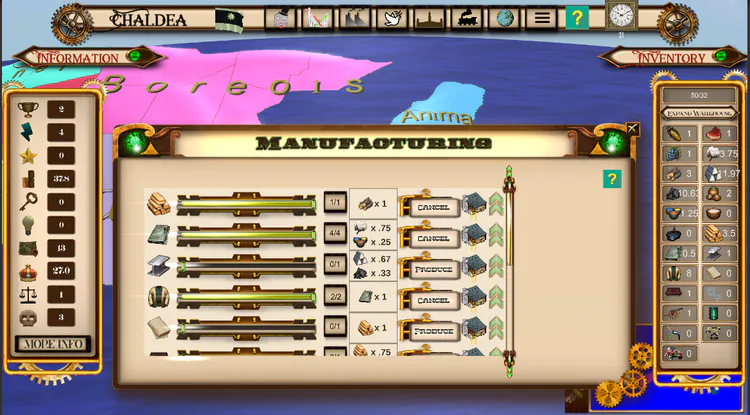
Technology tree with 40-odd discoveries. The first player to develop a technology sometimes gets Prestige (i.e. victory points) and usually gets a "Patent" - other players will only require half as many Research Points for that tech, but they will have to pay some gold to the original discoverer.
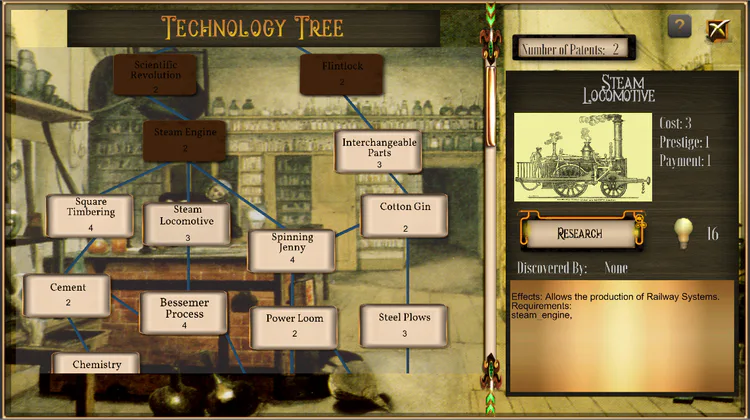
Culture Cards can have a variety of effects. Typically, they give you Influence Points, which can be used to bid on Spheres and to get better results from Diplomatic Events. They also typically provide some Prestige. Other possible effects include increasing the Morale of your armies, improving the quality of some goods, reducing Corruption, and raising Stability.
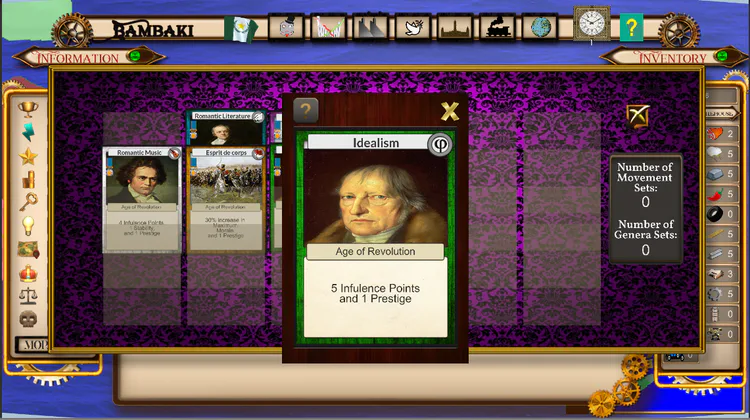
There are 3 kinds of naval ships that become available through the course of the game: Frigates, Ironclads, and Dreadnoughts. Ships provide Colonial Points, which are used when bidding on Colonies, and they are used to transport Armies when going to war against a nation with whom you have no land border.
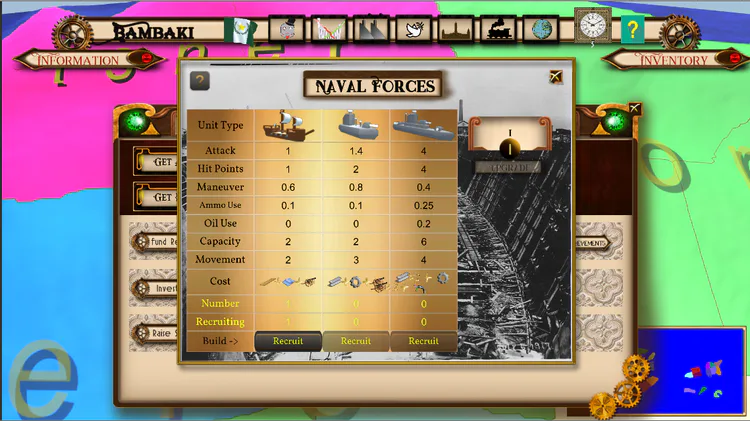
In the Land Forces tab, you can see the stats of your army and improve those stats by using AP and PP to gain Doctrines. You also recruit additional units by spending an AP and 2 Arms. In addition to fighting in wars, your armies provide some additional Influence.
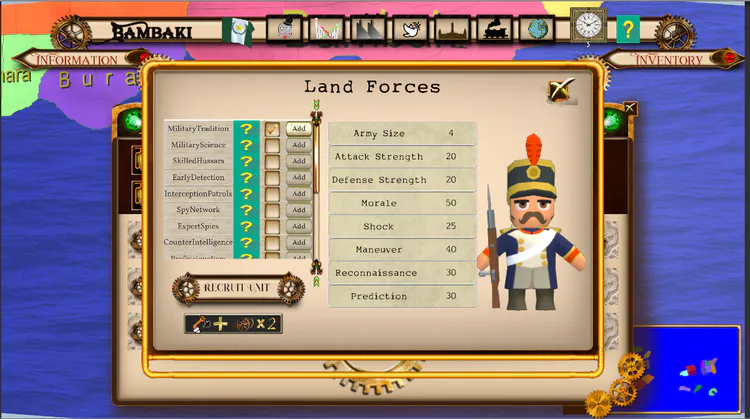
You can make deals with other Great Powers. In particular, you can "recognize" various Colonial or Sphere claims (agreeing not to bid on certain items in the future). You can also boycott other powers, refusing to trade with them. Finally, you can improve relations with a Power by simply giving something away as a gift.
